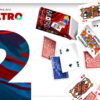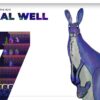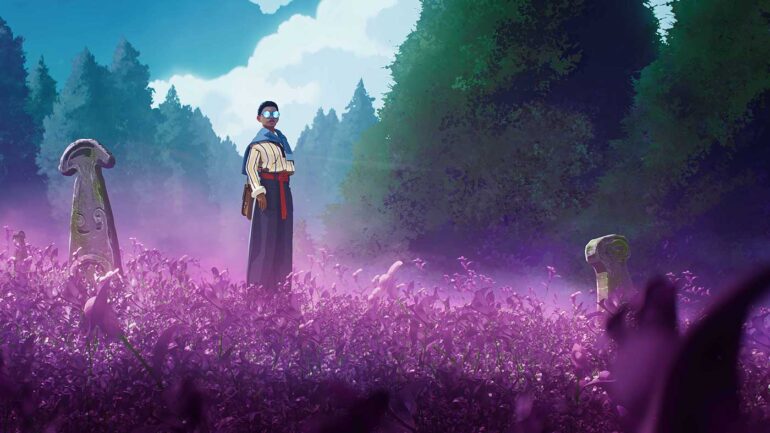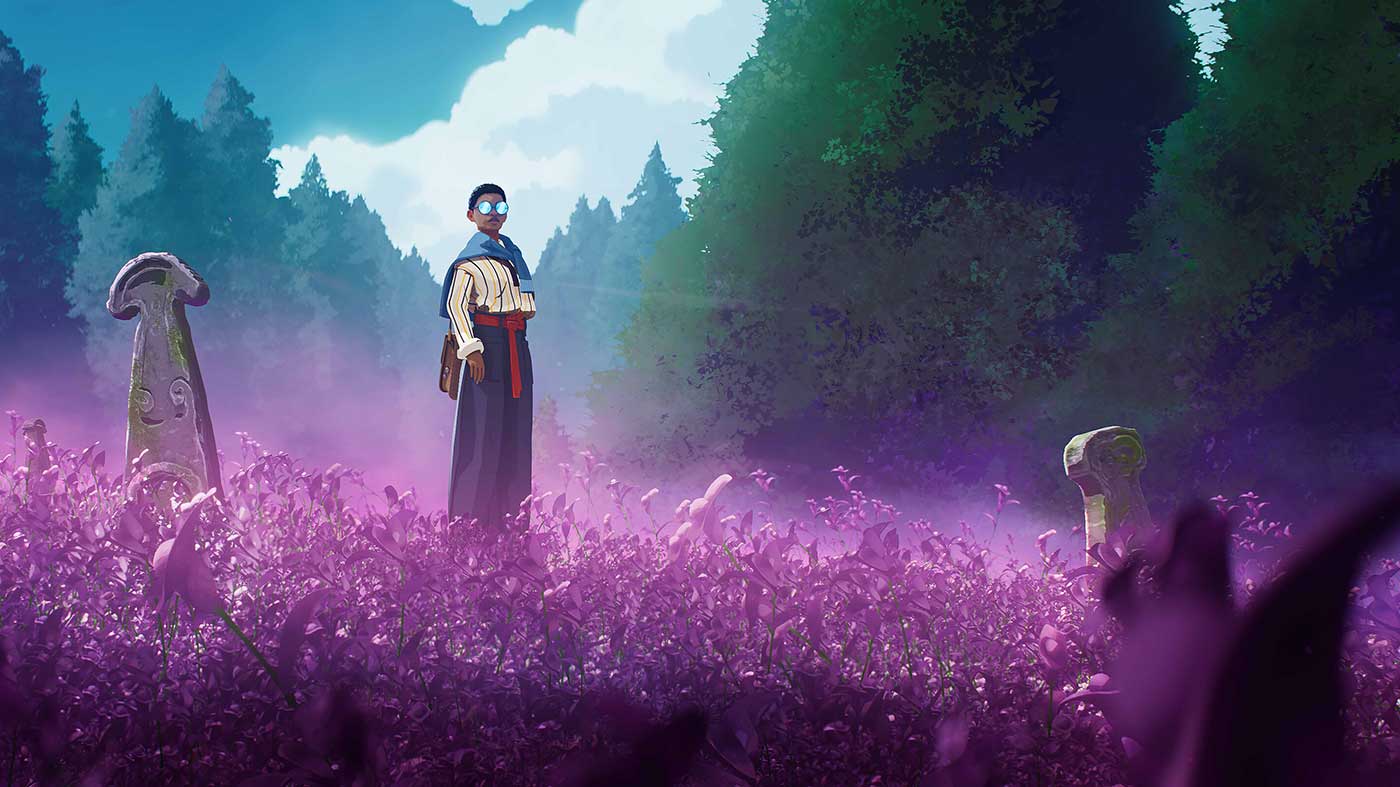While I realise it’s an incredibly early call, it’s one I’m more than willing to make – SEASON: A letter to the future (stylisation intentional) is one of 2023’s first Game of the Year contenders.
In a stage of my life where time is precious it’s not often I find myself putting more than an hour or two into a single video game session, but for a full five-plus hours one balmy and slightly stormy afternoon I saw this particular game through from start screen to end credits. I’d found myself so completely enraptured and entangled in its world that I couldn’t fathom the idea of letting it go until it ultimately did the letting go for me – an experience mirrored by the woman I’d come to observe on-screen and shared between us via the controller in my hand.
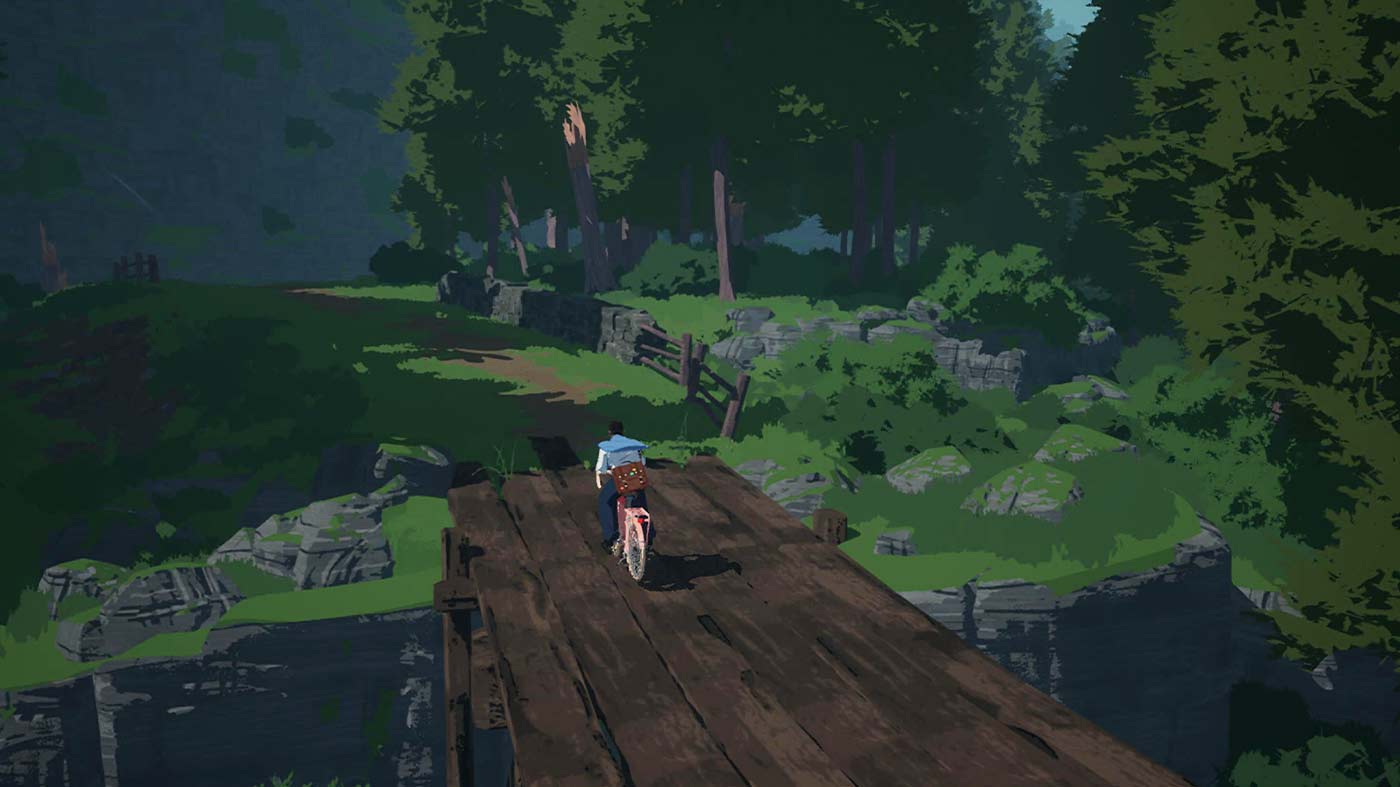
To be fair, five hours isn’t really all that much to ask. And SEASON doesn’t ask at all, it invites you to give. You could give more, if you like, or perhaps less if you try, but in a game about capturing the fleeting moments before an inevitable end it feels natural to hold on as long as possible. In this world that developer Scavengers Studio has drawn out of nothing, one frozen in a moment that’s never existed, time is less a linear path and more a vessel to be filled with knowledge and discovery, with art and culture, with love and war, all crystallised and worshipped as memory.
Memory is the seen and unseen force driving SEASON’s story, in which a woman from a small village is tasked with capturing the memories of a world on the brink of being washed away by a ruinous event. Armed with an instant camera, an audio recorder, a journal and a bicycle, she’ll take her first ride through new lands, collecting the memories of the people and places about to be left behind. In this game’s reality, memories are almost material and tangible, able to be given as well as taken away, lending this task a special importance that becomes more evident with every new observation.
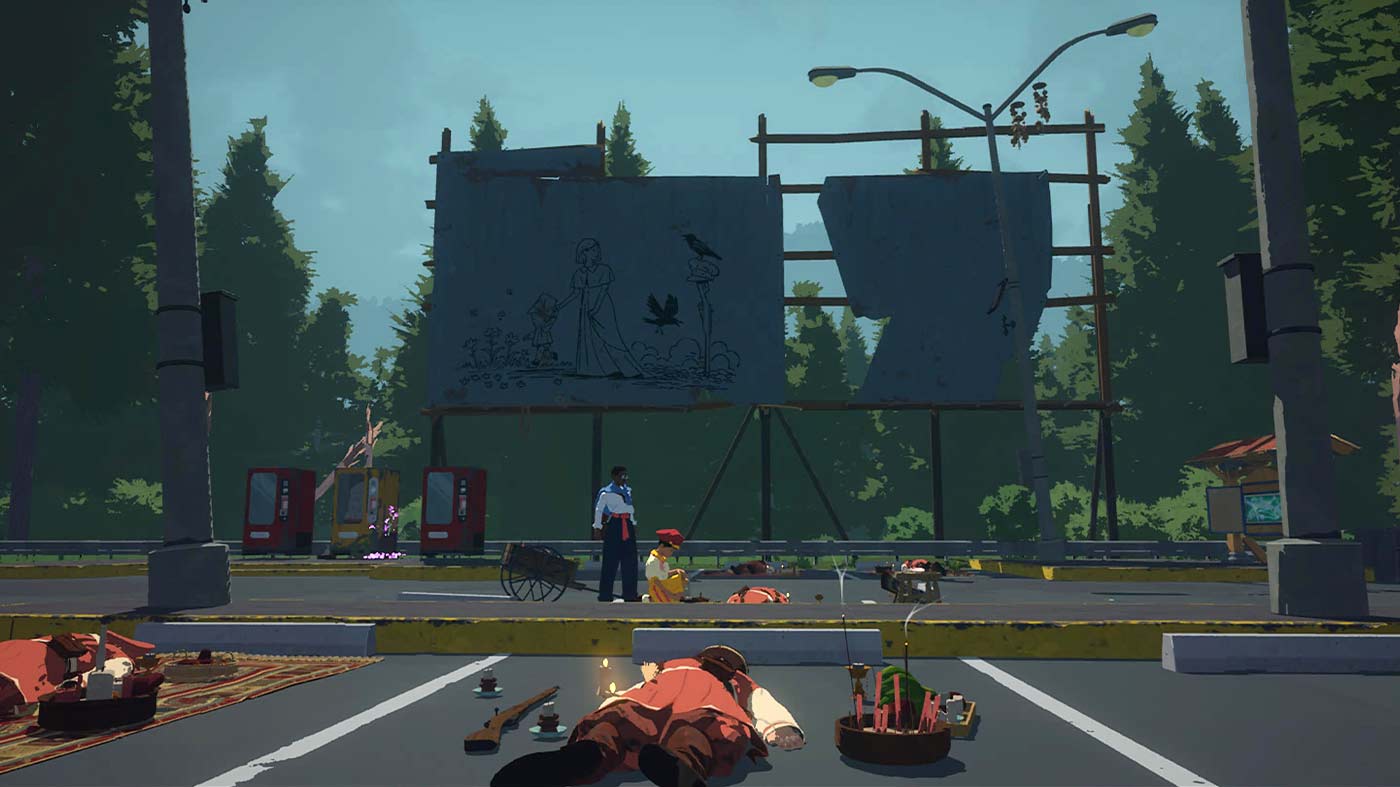
What this means, as a sharp reminder that this is in fact a video game that necessitates playing, is that you’ll guide this woman in a mostly freeform fashion within the cosy borders of Tieng Valley, searching for people and points of interest to record in your journal as sights, sounds, and artistic interpretations. It’s a task to not only collect memories, but to interpret and distill them into a record of a place in time and a study of its place in time. Which memories have endured in this place and why? How do they shape the land and those who live on it and how will their absence or presence shape the future? That’s for you to decide.
Your in-game journal is a nearly freeform expression of what you observe in this world, each page representing a small slice of the landscape that you can fill with whatever photos or audio recordings you make within them. Though there’s an end goal, and some important steps to get there, the way you move through the Tieng Valley and the things you take from it are entirely up to you. It’s a genuinely refreshing way to experience a piece of art, not just to witness it, or partake in it, but to actively preserve it. And not as a whole, but in a form that only you can give it and that only you will take away from it. That those things can be said of a finite collection of data engineered into one, consistent arrangement is quite something, I think.
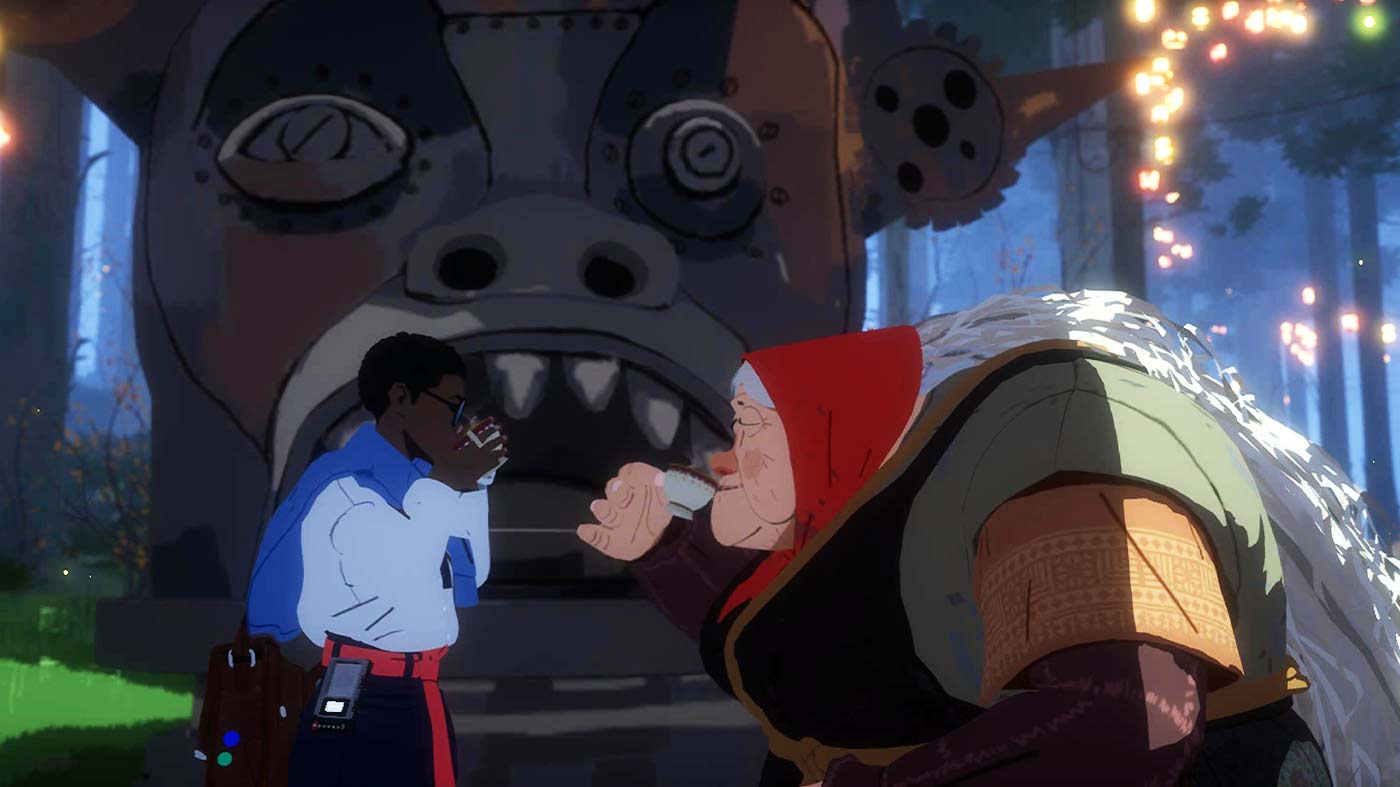
If misguided attempts at flowery language are any indication, describing what SEASON means, is difficult. What it is, though, is a video game, and a very good one. Whether you’re gazing at beautiful vistas or seeing the game world rush past as you intuitively pedal your bicycle through the magic of the DualSense controller’s adaptive triggers and visceral feedback, it’s wonderfully pleasant in the hand. Scavengers Studio has made existing in this place a joy, giving players wonderful freedom to experience and parse things at their own pace without fear of getting it wrong. It’s a succinct little adventure, but one that has plenty of time for those inclined to take it.
As you travel around, taking snaps and audio clips and personally placing them inside your journal, you’ll slowly start to unravel the mysteries behind the impending cataclysmic event as well as the history leading up to it, occasionally meeting new faces and engaging in choice-driven dialogue. The game’s themes continue to ring true as you help its citizens decide what memories in their own lives are important and what can be gained by the forgetting of others. It’s all very simple but rarely anything less than enamouring and constantly inviting contemplation – it’s the kind of game to be thought about and talked about long after its powerful conclusion and far beyond the boundaries of its content and mechanics.
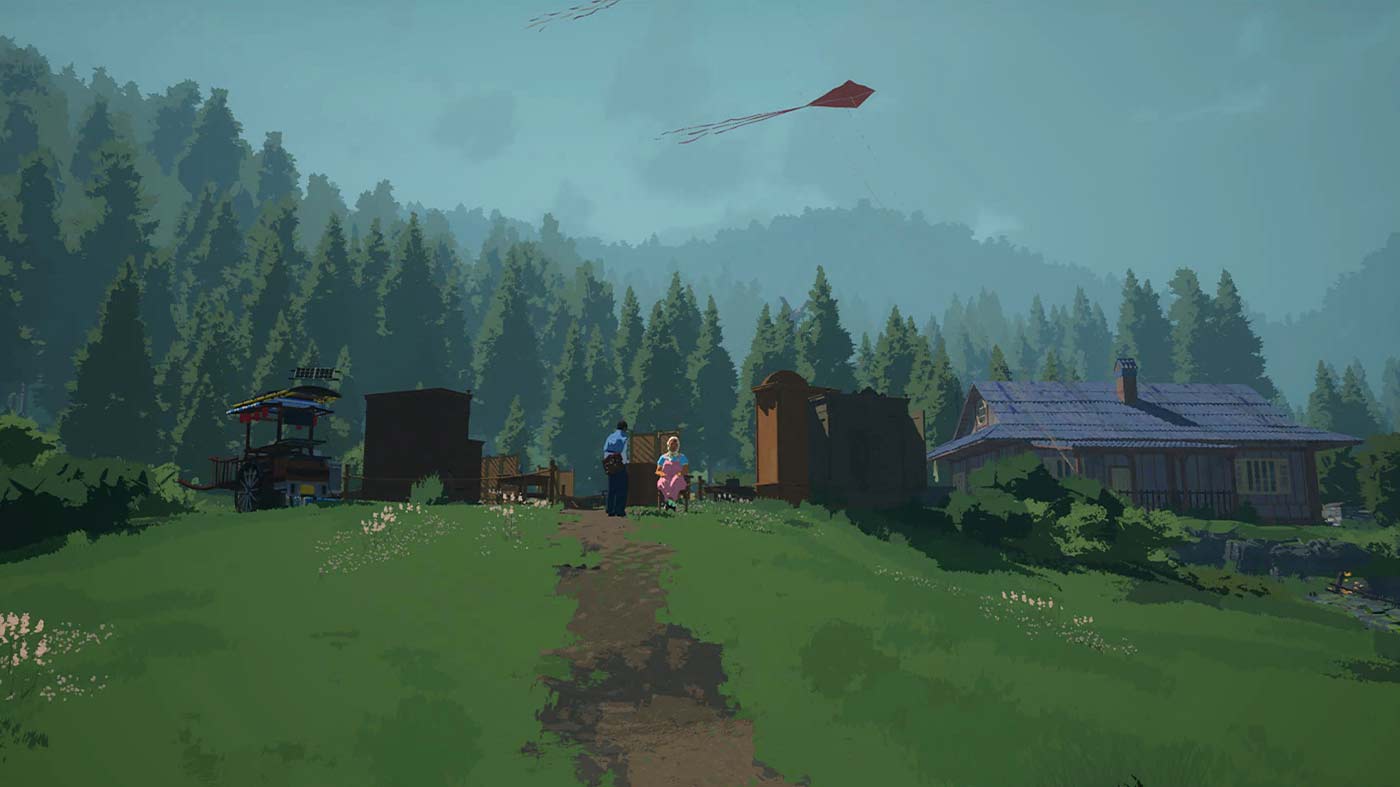
Above all else, SEASON: A letter to the future is a game that trusts players to take as much or as little from it as they want to carry with them, as much as they feel is necessary to keep it alive or as little as it takes to move forward into the new. As a video game it’s a solid and clever take on storytelling within the medium, albeit one with a noticeable number of bugs, performance hitches and glaring typos, but as a moment in time it’s entirely unforgettable.
